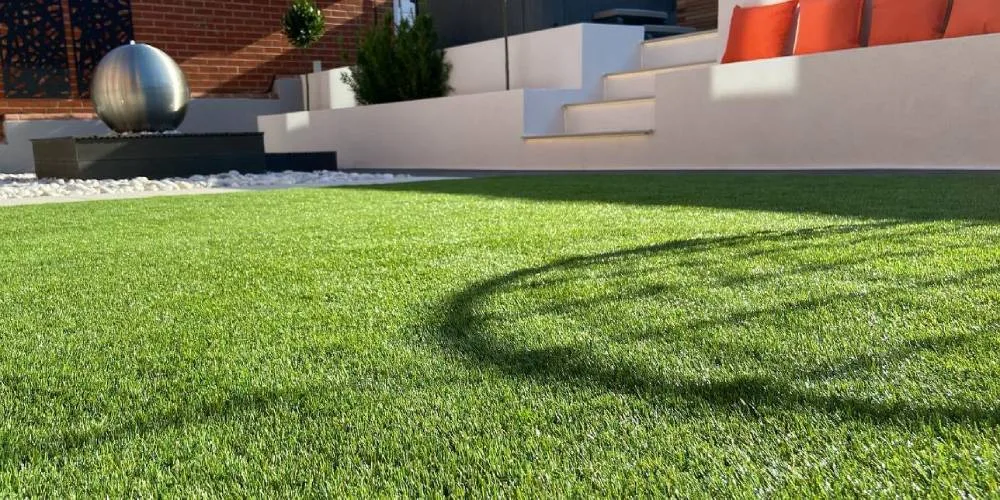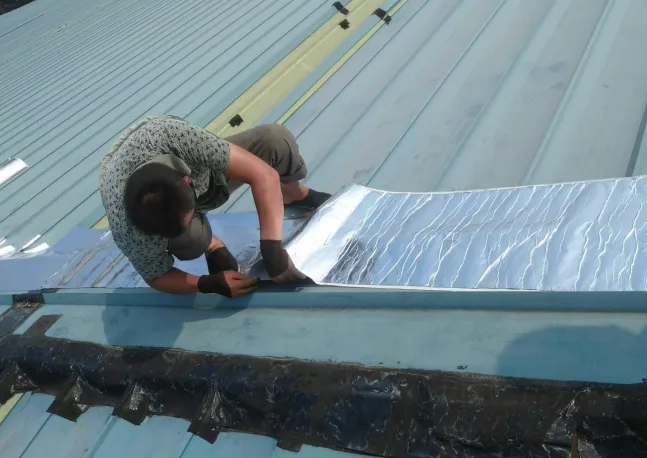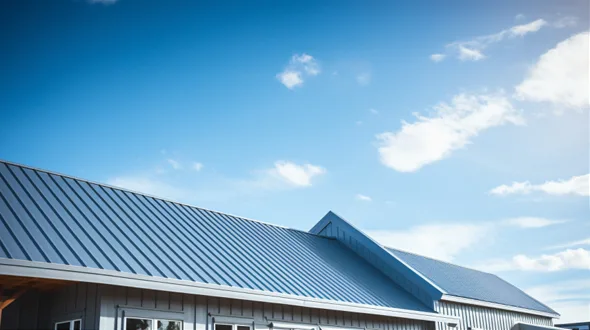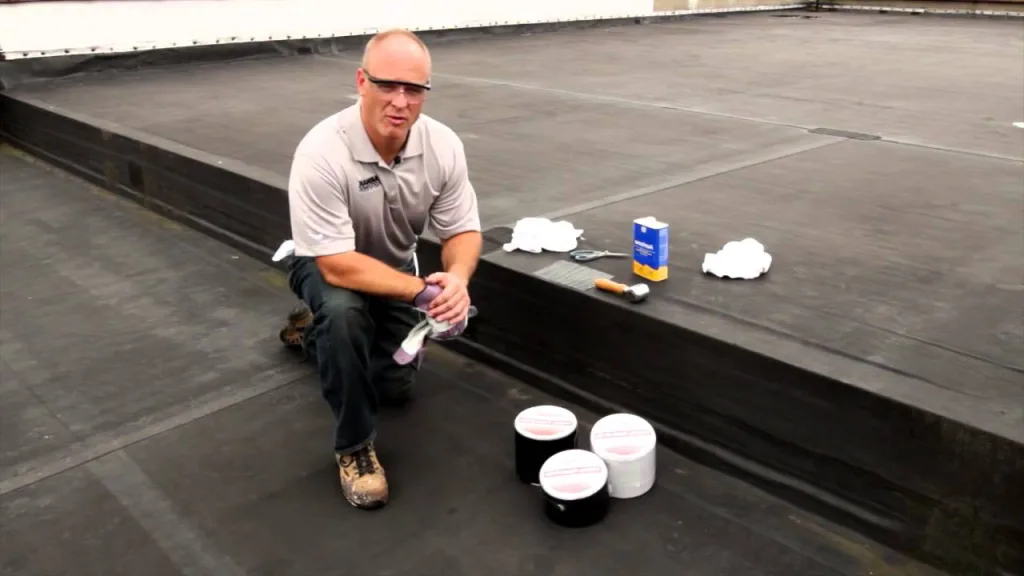Did you know that choosing the wrong tape for a repair job can cost you more time and money than you’d imagine? Adhesive solutions like asphalt tape and butyl tape might seem similar, but they serve vastly different purposes. In this article, we’ll break down their unique characteristics, explore their advantages, and help you decide which one is right for your project. Let’s dive in and uncover how these powerful tapes can save the day in their own ways.
What is Asphalt Tape (Bitumen Tape)?
Introducing Asphaltic Tape
Asphalt tape, also called bitumen tape, is a durable adhesive solution made primarily from bitumen, a sticky, black, and highly viscous form of petroleum. Known for its waterproofing and sealing properties, it is commonly used in construction and road repair.
Functionality of Asphalt Tape
Asphalt tape provides a strong bond to seal cracks, leaks, and joints, protecting against water penetration and environmental damage. Its heavy-duty nature makes it ideal for outdoor applications.
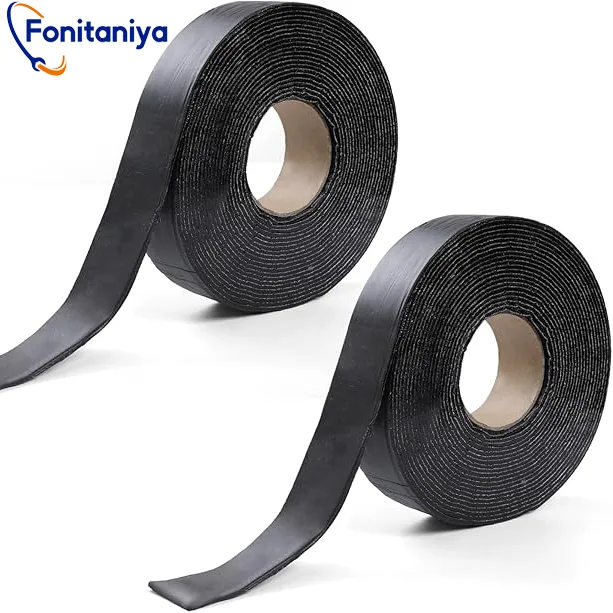
Surfaces Asphalt Tape Can Stick To
Concrete surfaces.
Asphalt surfaces.
Metal surfaces.
Plastic surfaces.
Wooden surfaces.
A popular variant is the asphalt crack repair tape, which specializes in sealing cracks in roads, driveways, and other asphalt surfaces. Its easy application process and weather-resistant properties make it a go-to solution for surface repairs.
What is Butyl Tape?
Introducing Butyl Tape
Butyl tape is a versatile adhesive made from butyl rubber, a synthetic polymer known for its exceptional flexibility and airtight sealing properties. Unlike asphalt tape, butyl tape is more commonly used in environments requiring chemical resistance and long-lasting performance.
Functionality of Butyl Tape
Butyl tape is widely used for waterproofing, insulation, and sealing applications in roofing, automotive, and even industrial projects. Its non-drying, pliable nature allows it to form an airtight seal in challenging conditions.
Surfaces Butyl Tape Can Stick To
Glass surfaces.
Metal surfaces.
Plastic surfaces.
Rubber surfaces.
Wood surfaces.
This adaptability makes it a top choice for applications like fixing window leaks or sealing RV seams. Butyl tape is also an eco-friendly alternative, as it doesn’t contain harmful solvents.
The Advantages of Asphalt Tape
It offers superior protection against UV exposure and weathering, making it perfect for outdoor repairs.
Its strong adhesion ensures that it bonds well even on rough or porous surfaces like asphalt and concrete.
Asphalt crack repair tape has a temperature range of up to 200°F, ensuring performance in extreme heat.
It’s incredibly easy to use, with peel-and-stick application saving time during repairs.
According to experts at the National Asphalt Pavement Association, “Quick fixes with asphalt tape can extend the life of a road or pavement by up to 3 years.”
The Advantages of Butyl Tape
It maintains flexibility even at -40°F, making it ideal for cold environments.
Its chemical resistance ensures it can withstand exposure to oils, greases, and other harsh substances.
The airtight seal prevents leaks and ensures water doesn’t seep through roofing or plumbing joints.
Its lifespan often exceeds 10 years, offering a long-term solution for many applications.
When to Use Asphalt Crack Tape?
Asphalt crack tape, a form of asphalt tape, is best used when sealing cracks or gaps in roads, parking lots, or driveways. Its weatherproof properties make it perfect for filling in imperfections on outdoor surfaces. Use it when you need:
A quick fix for cracks in asphalt or concrete.
To protect surfaces from rain, snow, or extreme sunlight.
A reliable bond for rough, uneven surfaces.
For example, sealing a crack in a driveway with asphalt crack repair tape can prevent costly repairs down the road.
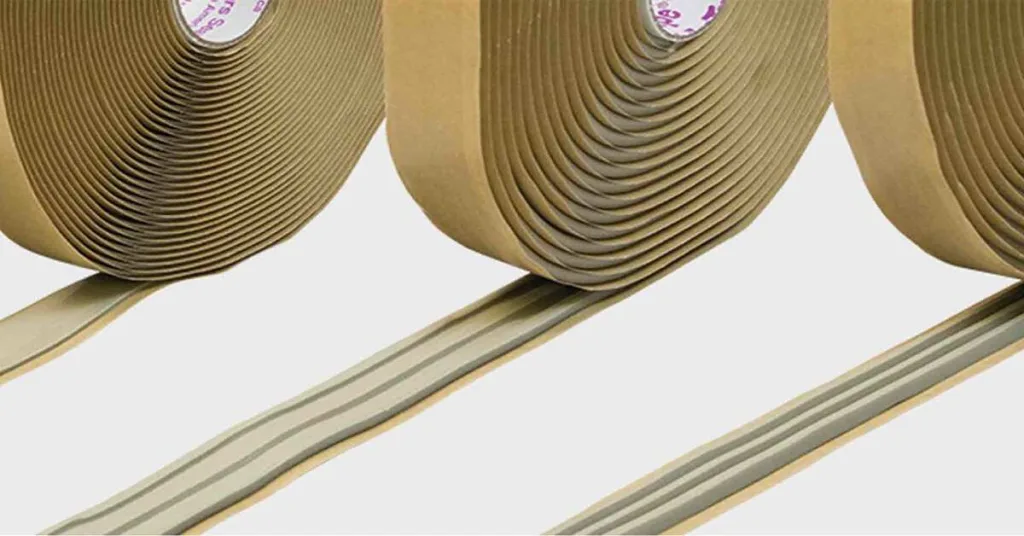
Putty tape is also a kind of crack sealing tape. Learn more about putty tape at putty tape vs butyl tape.
When to Use Butyl Tape?
Butyl tape is better suited for situations requiring precision and airtight seals. It’s often the preferred choice for:
Sealing window frames, particularly in cars and RVs
Waterproofing roofs and gutters
Insulating or sealing industrial pipes
Repairs in cold environments where flexibility is critical
If you’re dealing with a leak in your camper or sealing a glass window, butyl tape provides the lasting solution you need.
Conclusion
Asphalt tape and butyl tape might seem like two sides of the same coin, but their applications and benefits couldn’t be more different. While asphalt tape excels in outdoor surface repairs and weatherproofing, butyl tape dominates in precision sealing and adaptability across diverse surfaces. At Fonitaniy Tape, we’ve spent over 15 years providing innovative adhesive solutions, including asphalt tape and butyl tape, to meet the unique needs of our clients. Explore our products to see how we can help you tackle your next project with ease.
FAQs About Asphalt Tape
What is asphalt crack repair tape used for?
It seals cracks in asphalt and concrete to prevent water damage and extends the life of the surface.
How long does asphalt tape last?
With proper application, it can last up to three years in outdoor environments.
Can asphalt tape handle high temperatures?
Yes, asphalt tape withstands extreme temperatures, often up to 200°F, without compromising its adhesive properties.
Where can I use asphalt tape?
You can use it on driveways, parking lots, sidewalks, and any asphalt or concrete surface.
How is asphalt tape different from butyl tape?
Asphalt tape focuses on outdoor repairs and weatherproofing, while butyl tape offers airtight, chemical-resistant sealing for diverse surfaces.

